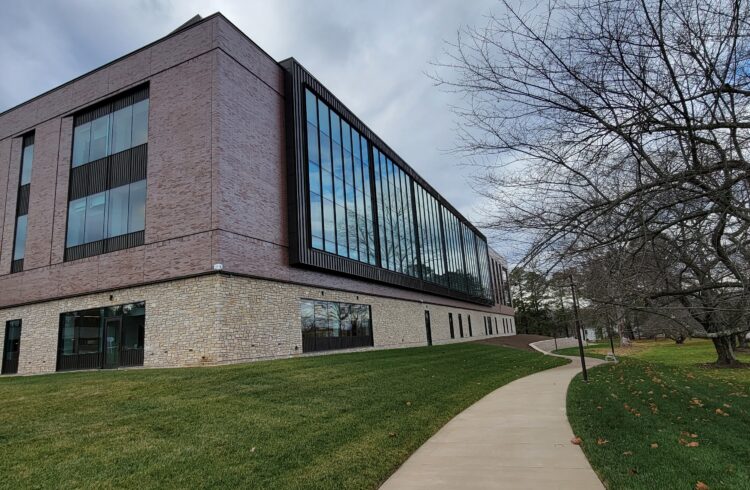
A study published this week in the New England Journal of Medicine has challenged the use of angioplasty in non-emergency situations and caused many doctors to reassess how they regularly treat heart disease.
Funded primarily by the Department of Veterans’ Affairs, the study included 2,287 patients at 50 medical centers in the U.S. and Canada. Its key finding was that many of the 1.2-million angioplasty procedures performed each year are unnecessary. Data indicated that drugs are just as effective in reducing the risk of heart attack and death in patients with stable heart disease.
While some physicians consider the study’s findings controversial, Dr. Lawrence W. Gimple, Chief of Cardiovascular Medicine at the University of Virginia Health System, welcomes them. “This study is very good news for our patients and confirms the way our physicians have been practicing for years,” he says. “When used appropriately, angioplasty saves lives, prevents heart attacks and makes people feel dramatically better. But, it’s not helpful in all cardiac patients.”
Angioplasty is a surgical procedure that props open clogged arteries with a tiny wire-mesh tube called a stent. At UVa, angioplasty is routinely performed on patients with unstable heart disease. To be considered unstable, heart disease patients must have increasing, new or changing symptoms, experience a heart attack or suffer from a condition called unstable angina.
“Stents have been proven to be better than medicines in treating unstable heart conditions, and that is when we normally use them,” notes Dr. Michael Ragosta, Director of the Cardiac Catheterization Laboratories at UVa.
In treating patients with stable heart disease – mild chest pain in a consistent pattern for about six months – UVa physicians first prescribe medication. According to Dr. Ragosta, “Typically, we only use stents in these patients if drugs don’t control their symptoms.”
Dr. Gimple says UVa has participated in many landmark studies to determine the optimal use of stents. “Being actively involved in research has placed us on the front line of angioplasty and made us leaders in developing best practices for stenting,” he explains. “We are proud to be regional leaders in all aspects of cardiac care.”
Currently ranked by U.S. News and World Report as one of top 50 heart and vascular facilities in the nation, UVa this year is celebrating the 50 th anniversary of its cardiac surgery program.


